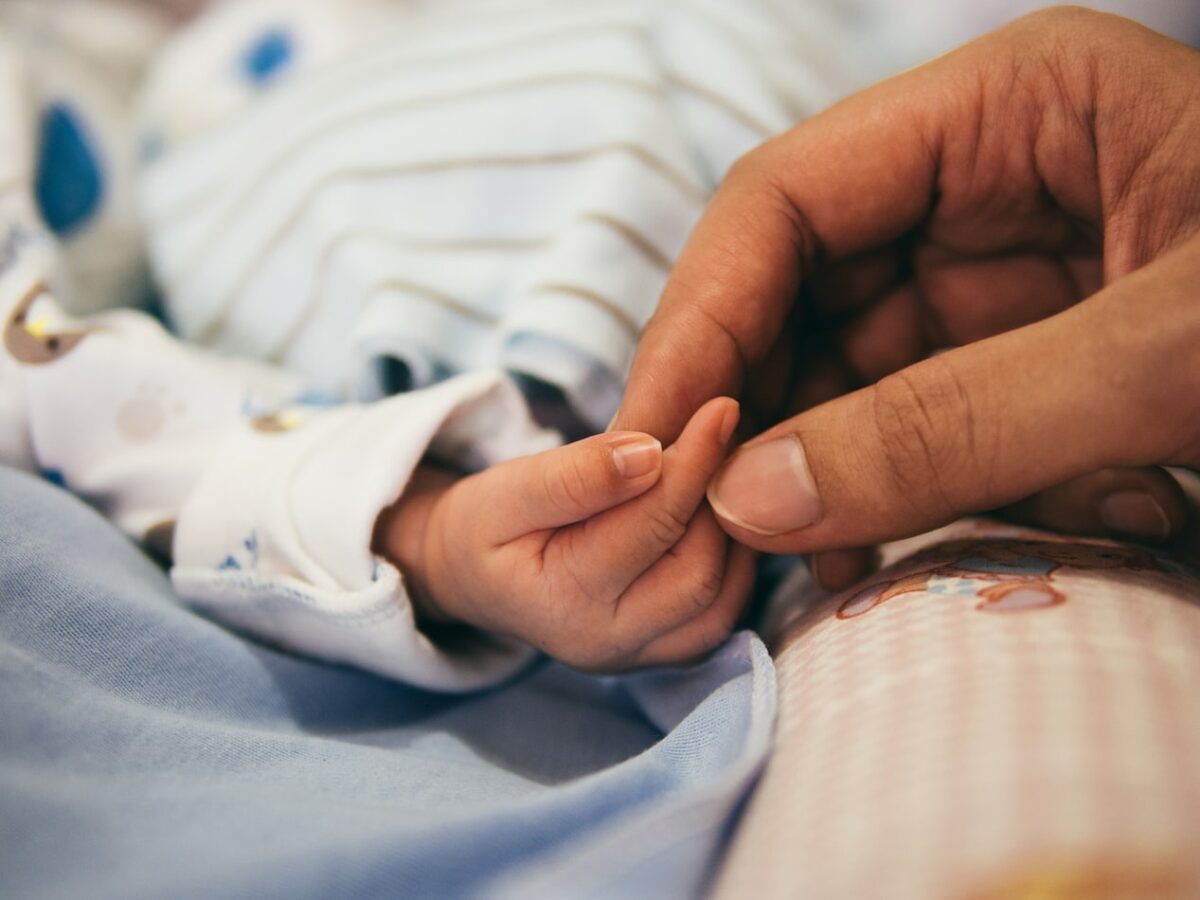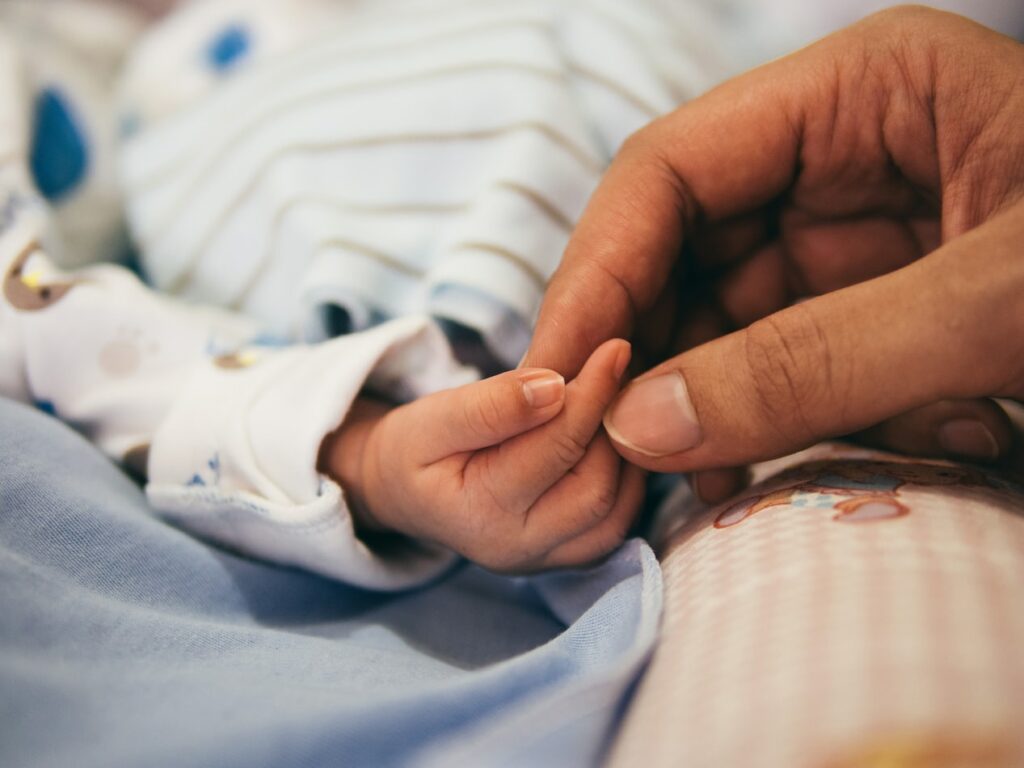It’s that time of year again…cold and flu season. This time of year we get a lot of questions about fevers in children. Fevers are one of the scariest things to manage as a parent so it is understandable that they cause a lot of concern. Here are some helpful things to keep in mind when your child has a fever:
- The definition of a fever differs depending on the type of thermometer you use and where the temperature is taken:
- A fever is considered a temperature above 100.4 degrees Fahrenheit taken rectally, in the ear, or temporally
- 100 degrees F if taken orally
- 99 degrees F if taken under the armpit.
- Many parents are concerned when their child has a temperature above 99 degrees but many children have temperatures in this range when even when they are well.
- Fevers are not the bad guys!
- A fever is one of the immune systems many ways to fight off illness. The concern about a fever is not regarding the fever itself but what is causing the fever. When we know why a child has a fever then we know what we need to do to treat it. But a fever, even a high one, is not going to cause long-term damage on its own. In many cases fevers are caused by viral infections. Oftentimes, the best thing to do is rest and hydrate.
- There is no specific temperature that indicates when a child needs to go to the doctor or emergency room.
- Children tend to spike higher fevers than adults. Again, the main issue with a fever is about what is causing the fever, not how high the fever is. A child who has a fever of 105 but is eating and drinking and still active is not nearly as concerning as a child who has a fever of 100.5 but is lethargic and not acting normally. If you are concerned about your child’s fever or how they are acting contact their pediatrician.
- A high fever does not cause brain damage or necessarily cause a seizure.
- Only fevers that are caused by temperature elevations- such as a child left in a hot car- cause brain damage. And only about 4% of children with high fevers will get febrile seizures. It is also important to know that febrile seizures, though they are scary to witness, do not cause any long-term damage.
- The most important thing to do is keep your child hydrated.
- Children are more prone to dehydration than adults so one of the most important things to do when your child has a fever is to make sure they are staying hydrated. How much your child is urinating a good way to monitor for dehydration.
- If your child is under two months old and has a fever you should call your doctor immediately.
- Young infants do not typically get fevers so it is important to let your doctor know if this occurs.
- When should you call your doctor?
- If your child has a fever but is still eating, drinking, urinating and acting mostly like themselves you can do supportive care at home. If your child has any other concerning symptoms like vomiting, diarrhea, coughing, headache, rash, or is very lethargic it is always a good idea to contact your doctor.
- What can I do to treat my child’s fever?
- Most of the time, hydration, rest, and cuddles are the best thing to help when your child has a fever. Keep your child lightly covered. Give nourishing foods that are easy to digest such as soups and broths. If your child is very uncomfortable or is unable to sleep you can consider giving a fever-reducing medication- remember the fever is helping their body fight off the infection. It is always best to check with your doctor about what medication is best for your child.
- It is important to have an accurate way to monitor a fever.
- Oral thermometers are one of the most accurate types of thermometers but can be challenging in very young children.
- Armpit (axillary) thermometers are often easier but are not as accurate.
- Temporal thermometers are a good option for young children because they read very quickly and also have fairly good accuracy (though not as accurate as oral thermometers).
References:


